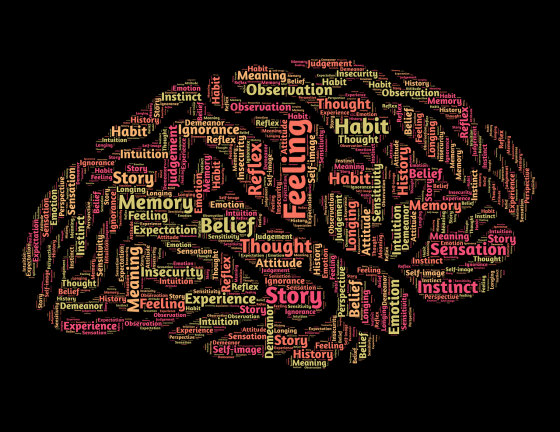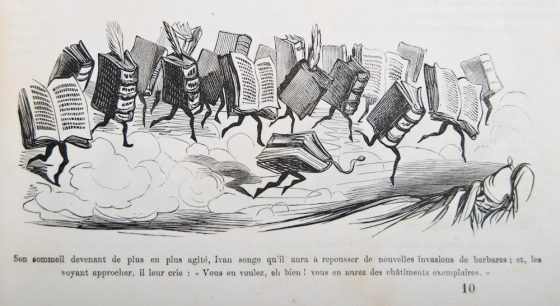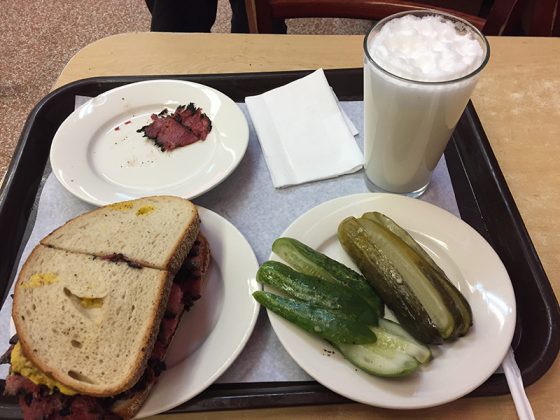
My husband asked me the other day what do I like more? Having my books on Amazon and other bookstores? Being “famous”? Getting a hard copy of my book in my hands (the unveiling, as people call it on Twitter and post videos of themselves crying upon opening a box of books)? Reviews? The strange thing is that it’s not any of these things (although reviews are great and greatly appreciated!). What I love most is the actual writing part of writing. I like the creation of a brand new world populated by beings from my imagination. I actually go through a mourning period after each story I finish. And I feel this way about my painting, too. Don’t get me wrong; having accomplished something as hard as writing a novel is nice. Real nice. But the time when I sit in front of my computer and put “words to paper” is the best part of writing for me. All those ideas and thoughts that were expressing themselves in my dreams (day and night), the little notes I wrote to myself about plot points or definitions of words, the searches through interesting imagery, the many months of research into the…






